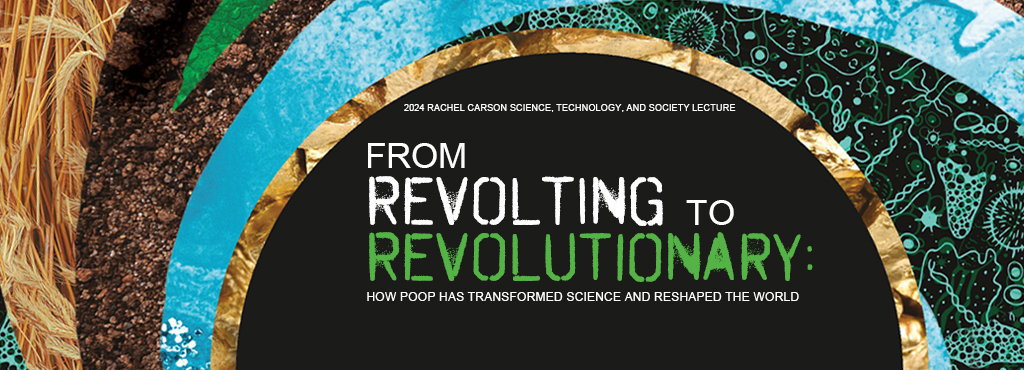Page 2 • (18 results in 0.019 seconds)
-
Seattle Children’s is seeking undergraduate students to participate in a 10-week paid summer internship. The program is for students from backgrounds that are historically underrepresented in the biomedical and health sciences. Students must have a strong background and interest in one of the following fields:…
Paid Summer Scholar Program at Seattle Children’s Hospital Posted by: nicolacs / February 6, 2023 February 6, 2023 Seattle Children’s is seeking undergraduate students to participate in a 10-week paid summer internship. The program is for students from backgrounds that are historically underrepresented in the biomedical and health sciences. Students must have a strong background and interest in one of the following fields: biology, biochemistry, microbiology, neuroscience, mathematics
-
DESCRIPTION The Cind M. Treser Memorial Student Scholarship program (formerly the Ed Pickett Memorial Student Scholarship) gives recognition to outstanding and deserving undergraduate students majoring in Environmental Health (or in an allied discipline) and who intend to take employment in the field of Environmental Health…
: biology & microbiology, organic & inorganic chemistry, epidemiology, biostatistics, and environmental health topics. Be a student member of WSEHA or become a member upon receipt of the scholarship. (Click here to access the WSEHA Membership Application.) Demonstrate his/her intent to become employed in the field of environmental health in Washington following graduation. Be willing to submit a photograph if awarded the scholarship. Intend to attend the WSEHA Annual Educational Conference to receive
-
The Summer Undergraduate Research Fellowship (SURF) Program at UT Southwestern’s Graduate School of Biomedical Sciences is an intensive summer research training experience designed for college students who are preparing for Ph.D. or M.D./Ph.D. careers in biomedical research. Fellows spend 10 weeks (beginning in early June and…
: Biological Chemistry Biomedical Engineering Biophysics Cancer Biology Cell Biology Chemistry Developmental Biology Genetics Immunology Mechanisms of Disease Molecular Biology Microbiology Neuroscience Pharmacology Physical science, mathematics, biomedical engineering, and chemistry majors should consider the Quantitative and Physical Sciences Summer Undergraduate Fellowship (QP-SURF) Program or the QP-SURF Chemistry Program. Natural and biological sciences majors who have an interest in stem cell and
-
The Summer Undergraduate Research Fellowship (SURF) Program at UT Southwestern’s Graduate School of Biomedical Sciences is an intensive summer research training experience designed for college students who are preparing for Ph.D. or M.D./Ph.D. careers in biomedical research. Fellows spend 10 weeks (beginning in early June and…
: Biological Chemistry Biomedical Engineering Biophysics Cancer Biology Cell Biology Chemistry Developmental Biology Genetics Immunology Mechanisms of Disease Molecular Biology Microbiology Neuroscience Pharmacology Physical science, mathematics, biomedical engineering, and chemistry majors should consider the Quantitative and Physical Sciences Summer Undergraduate Fellowship (QP-SURF) Program or the QP-SURF Chemistry Program. Natural and biological sciences majors who have an interest in stem cell and
-

PLU’s College of Natural Sciences is excited for Bryn Nelson to deliver “From Revolting to Revolutionary: How Poop Has Transformed Science and Reshaped the World,” the 2024 Rachel Carson Science, Technology and Society Lecture, on February 21 at 7:00 P.M. in the Anderson University Center…
awards, he won first place in the Association of Health Care Journalists Awards for “Saving Bobby,” a long-form feature about the race to save a toddler after his father accidentally ran over his head. Nelson also edited two chapters on microbiology and food safety for the bestselling six-volume Modernist Cuisine: The Art and Science of Cooking (The Cooking Lab) and contributed a chapter to The Science Writers’ Handbook (Da Capo). Supported by a generous endowment from George L. and Helen B. Long
-

PLU’s College of Natural Sciences is excited for Bryn Nelson to deliver “From Revolting to Revolutionary: How Poop Has Transformed Science and Reshaped the World,” the 2024 Rachel Carson Science, Technology and Society Lecture, on February 21 at 7:00 P.M. in the Anderson University Center…
awards, he won first place in the Association of Health Care Journalists Awards for “Saving Bobby,” a long-form feature about the race to save a toddler after his father accidentally ran over his head. Nelson also edited two chapters on microbiology and food safety for the bestselling six-volume Modernist Cuisine: The Art and Science of Cooking (The Cooking Lab) and contributed a chapter to The Science Writers’ Handbook (Da Capo).Supported by a generous endowment from George L. and Helen B. Long, the
-

Pacific Lutheran University Assistant Professor of Biology Lathiena Nervo was recently named one of Cell Mentor’s “1,000 inspiring Black scientists in America.” A developmental biologist in her second year at PLU, Nervo is equally passionate about teaching, biological research, and increasing diverse representation in science.…
go. If they have more interest in the really small things, like molecular work, or virology, or microbiology, they can take classes on that. If they want to go bigger with the systems, in terms of ecology and organisms, they can do that too, and everything in between. I found it really amazing that students were able to create their own focus in that way.I also had a really good experience talking with students. I had lunch with three students during my interview here, and all of them were double
-

Pacific Lutheran University Assistant Professor of Biology Lathiena Nervo was recently named one of Cell Mentor’s “1,000 inspiring Black scientists in America.” A developmental biologist in her second year at PLU, Nervo is equally passionate about teaching, biological research, and increasing diverse representation in science.…
really small things, like molecular work, or virology, or microbiology, they can take classes on that. If they want to go bigger with the systems, in terms of ecology and organisms, they can do that too, and everything in between. I found it really amazing that students were able to create their own focus in that way. I also had a really good experience talking with students. I had lunch with three students during my interview here, and all of them were double majoring. At my undergrad institution
Do you have any feedback for us? If so, feel free to use our Feedback Form.


